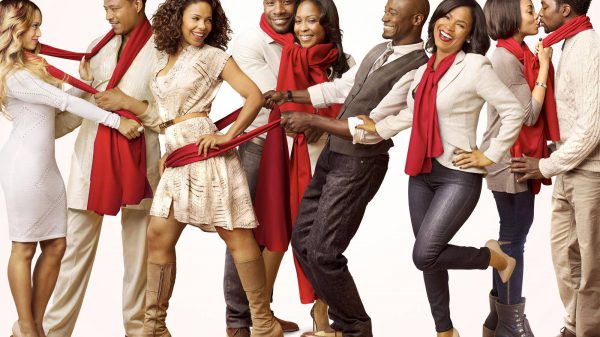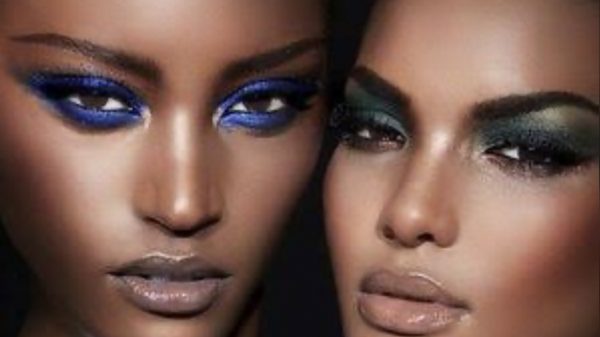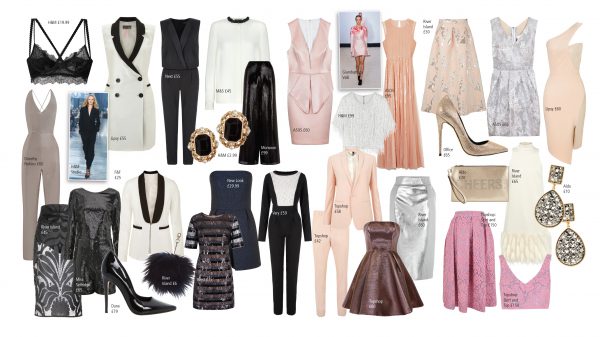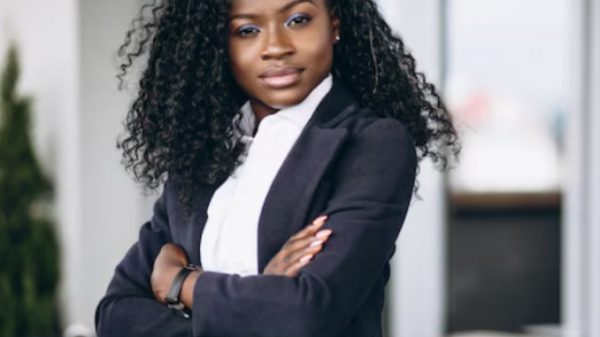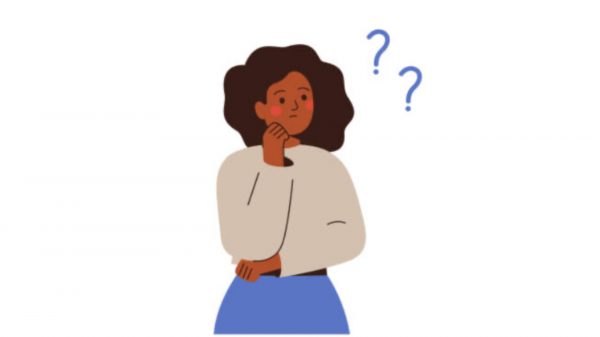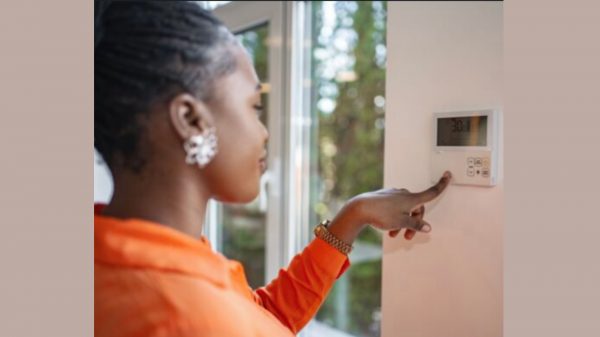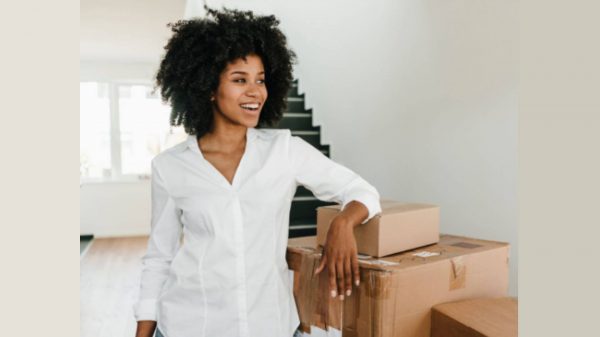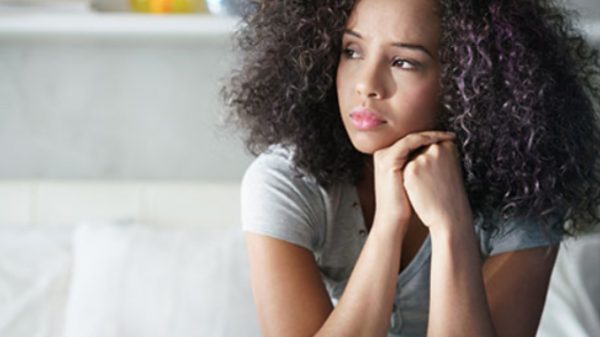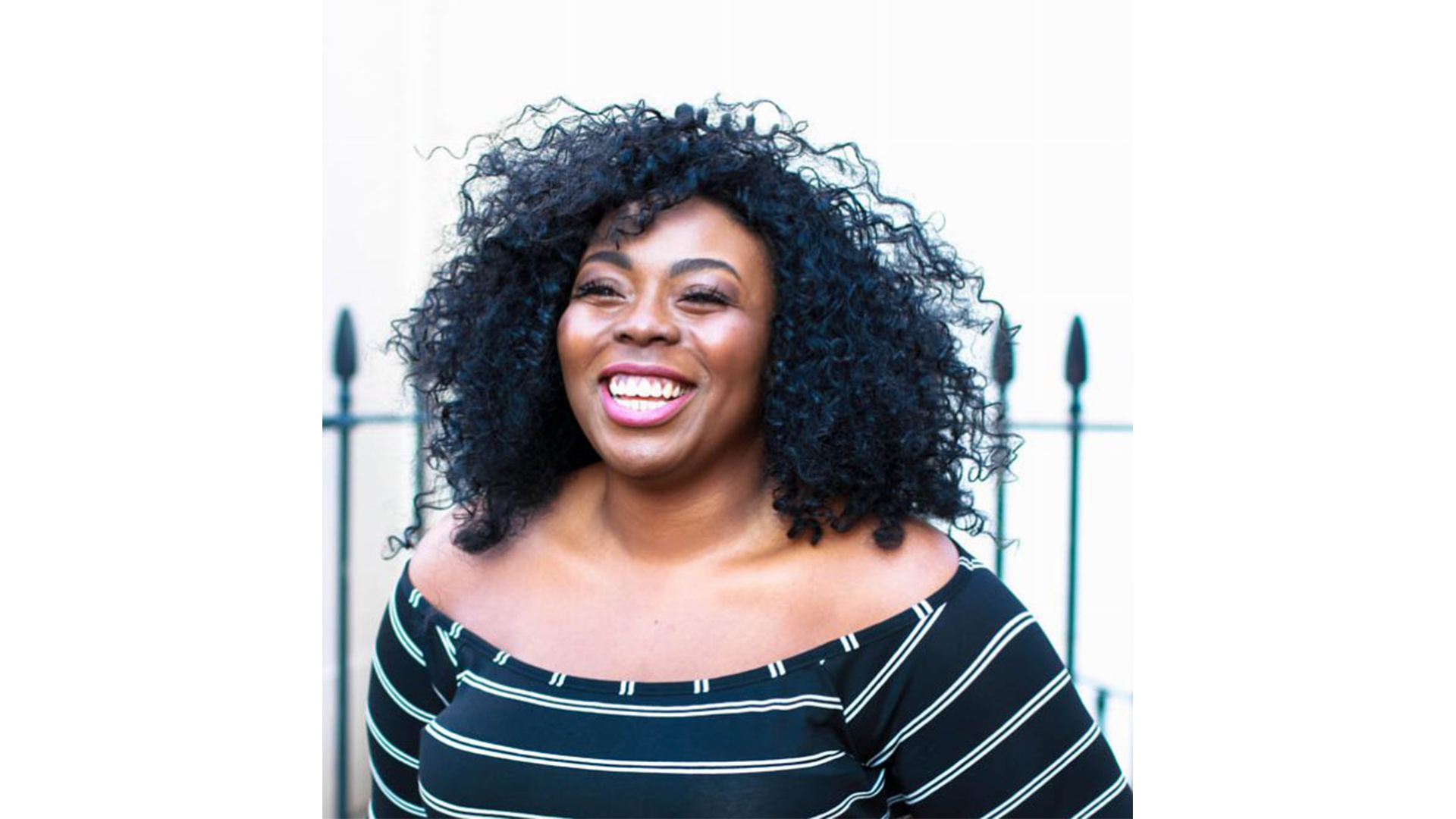Actress Michelle Hopewell speaks out on the extra considerations that come along with being a black actress in the world of theatre – and the insensitivities that she’s come across so far.
When I first plucked up the courage to pursue a career in theatre, I thought I had stored up enough strength to battle through anything. But after the first year of my three-year stint at drama school, I learned that in many ways, it was going to be a lot harder than I realised. As well as the multitude of techniques to learn and habits to rid, things were going more difficult for me than my peers with their glowing porcelain skin, slim bodies and western standardised beauty. Of course, possessing those things aren’t bad in itself; but the association of beauty and talent and interesting narratives with those standards, means that anyone who falls outside of that is exactly that: outside.
Outside of casting decisions, I also felt moments of great isolation in the fact that there was just a gap in knowledge for many when it came to people of colour.
“There is still insensitivity when it comes to blackness or otherness in theatre and as someone with first hand experience I say it’s about time that we speak up about it.”
On paper, it would appear that I’ve had it made: I had the opportunity to work professionally before I’d even completed my training; I was able to get an agent; and after graduation I went straight into work and have been blessed enough to continue saying over the past two years. But there are plenty of other considerations and micro-aggressions I face, just because of my race.
Whether we’ve been told by a director to be more ‘urban’ or had to explain the difference in requirements for Afro hair, in comparison to European hair, any minority will tell you when it comes to our race and our work, there are certain things that we come up against, time and time again.
Booking a job is always such an exciting moment – but almost like clockwork, with that joy comes a whole host of fears and questions I begin to mentally check off in my head; concerns that other colleagues may never have to consider.
‘Am I going to be the only minority?’ I wonder. ‘Do I need to worry about my makeup and hair or will they know what to do?’
Perhaps they will think I’m too militant in my blackness; will I have to make it funny to not be threatening? Be careful not to play into any stereotypes, Michelle. Does the lighting director already have a note on the fact that lighting me will sometimes pose cause an issue?’
New places, new faces
I’m currently in a job that has the cast touring the country, from big cities to smaller towns – towns that aren’t exposed to that many, if any, people of colour on a regular basis. During a recent cross-country drive, there was a funny, but foreboding conversation between myself and other people of colour in the cast about what it means for black actors to travel the country.
You find yourself popping happily into the local M&S for a beef noodle ready meal, and leave smarting and paranoid at being the temporary circus freak. For our white cast mates, the privilege of existing in safety is a given. They’re mostly unaware of the caution that I, as a black woman, feel when in an environment where I am not only a minority, but possibly a target for abuse.
While our white cast members might frolic care free through picturesque British towns, adventuring and wonderfully safe and acceptable, black actors spend most of our time with our backs up and our eyes wide. You breathe shallow. You keep your peripheral vision sharp. You muster every polite bone in your body and genuinely pray that someone’s not going to have a problem with you.
I’m going to do everything in my power to not dull my light, and feel safe and comfortable in my skin as a performer. We should all be vibrant in our own ways without fear of consequence. The evolution of so many industries, but also for my beloved theatre, is so important, so that this art form that is home to so many of us who may be classed as ‘other’, are not only able to participate but are also able to thrive regardless of age, body type, colour or gender.
We tell our stories good or bad because as storytellers that is our job so that we can learn something new. Let us tell our stories so that we can learn how change the things that are holding us back.










